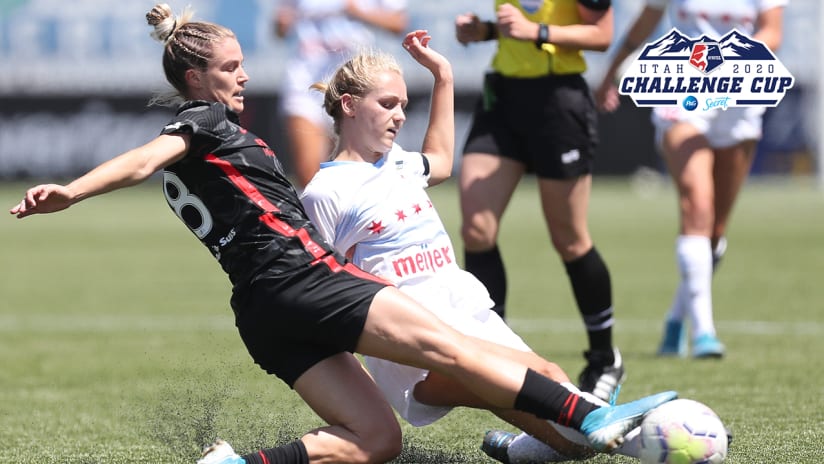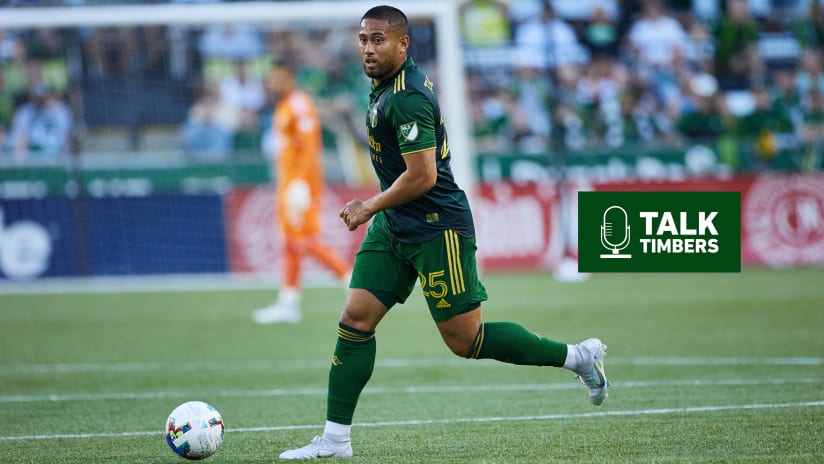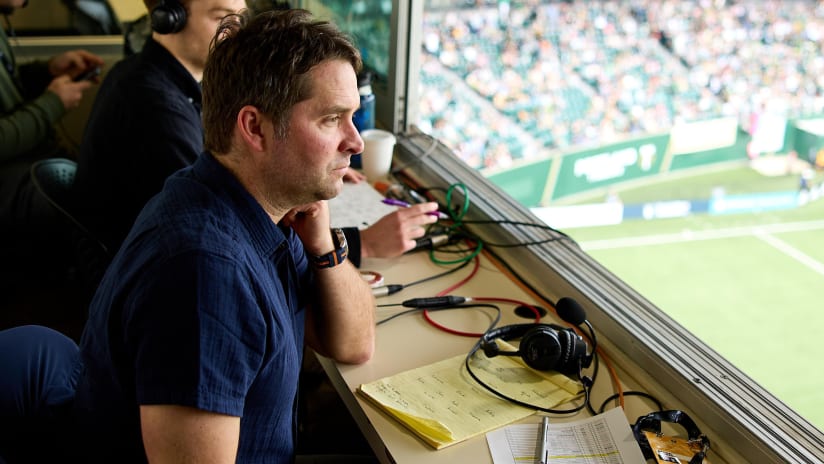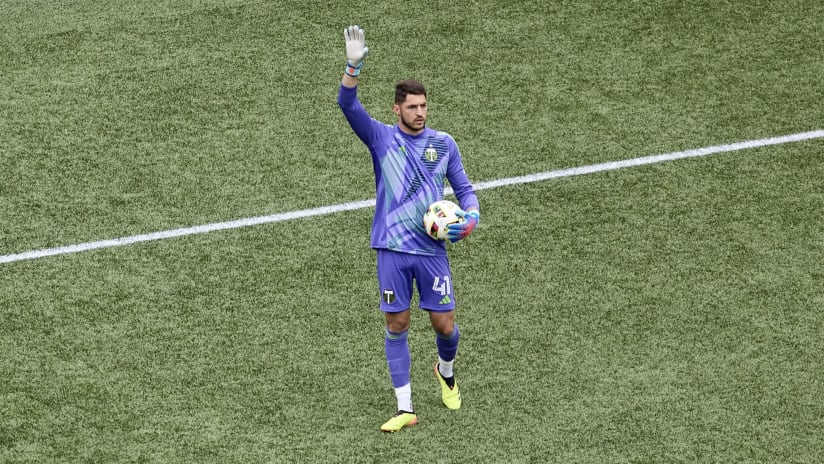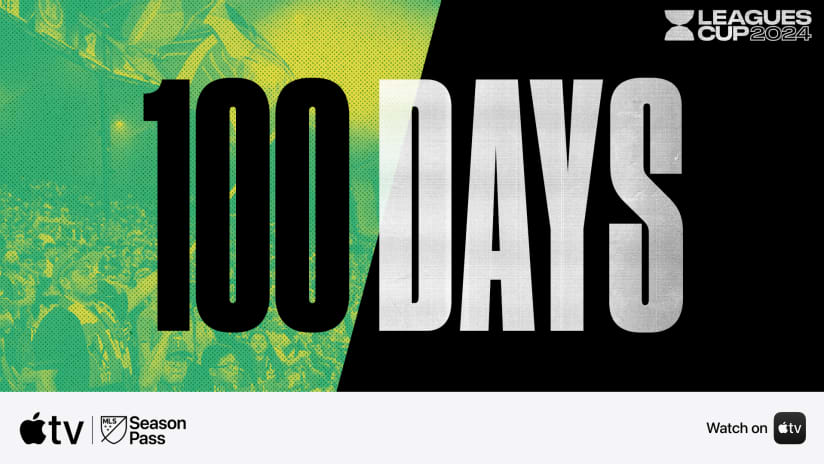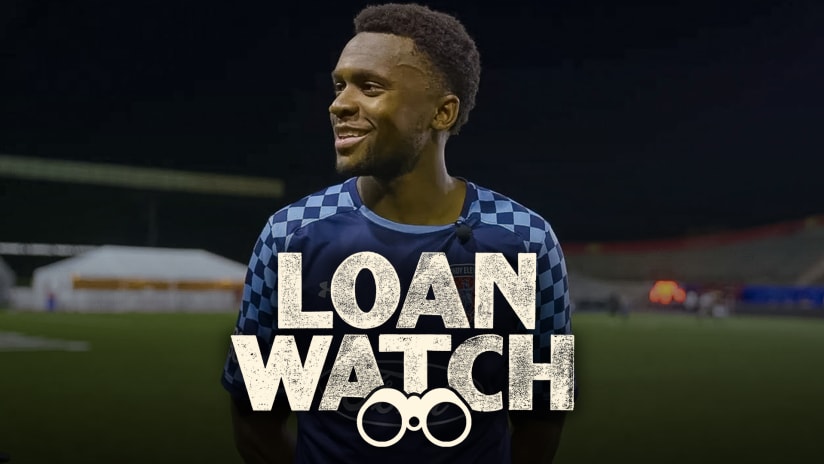There’s a rhythm to almost every professional soccer tournament we watch. It could be the World Cup. It could be the Olympics. The patterns are the same. Weeks, sometimes months of preparation burst into a glorious start and settle into absolute grinds. Short rest, rotated squads, injuries, yellow-card accumulation. Teams are rarely as primed as they are for game one, and over a tournament’s middle rounds, it shows.
Such were the two hours we got from Portland Thorns FC and Chicago Red Stars on Wednesday morning, a 0-0 draw that leaves both teams at the bottom of the NWSL Challenge Cup standings with one point, each. Ultimately, that order doesn’t matter much, with each of the tournament’s eight teams qualifying for the knockout round. What matters more is the process beneath each team’s result. For now, even if they’re closely related, your team’s path is more important than the scoreboard.
“It was a hard-fought match on both ends,” was midfielder Lindsey Horan’s assessment. “[The] first half was a little rocky, and [the] second half, we got a lot more chances, got in the box. Players came on the field and did really well, so I’m proud of the team.
“Obviously we wanted a better result,” she conceded, “but getting a tie against Chicago, who’s a great team and had a good roster coming off resting some players … I thought that was good.”
For the Red Stars, 11 new starters gave Rory Dames and his staff a chance to assess their full squad. Some of those players, like veteran midfielder Danielle Colaprico, were already known commodities, but many of today’s Red Stars are in their professional infancy. That lack of experience didn’t prevent them from securing a result.
In that sense, the Thorns could have more. They should have had more. A series of close calls in the middle of the first half. A late opportunity for midfielder Emily Ogle, deflected wide from near Chicago’s penalty spot. Portland ultimately had 58.4 percent of the match’s possession, 16 of its 21 shots, and all three attempts on goal. Bella Bixby’s second match in goal was a quiet one.
In that context, there’s a forest and trees effect to keep in mind. The tree is the dropped points, the mixed result, and the opportunity that was. Portland should have won Wednesday’s game and, when seeding is set for the knockout round, may come to regret their two points lost.
The forest is what this means for the team going forward. In terms of what the Thorns wanted to accomplish – chances, goals, control; a clean sheet, preventing opportunities; getting players minutes – almost all boxes were checked. Goals and wins are among the most important things a team could want from a game, but so early in a tournament, they’re not the only things that matter.
What mattered is how Simone Charley and Morgan Weaver, starting for the first time as a forward tandem, harassed the Red Stars’ defense. What mattered is the strength the team showed in midfield, between Christine Sinclair and the backline, and how dangerous Sinclair continues to be turning upfield on a ball. What mattered was the team continuing to find ways to get midfielders like Horan and Celeste Boureille into the penalty box, and what mattered was the Portland back five, having made three changes from Saturday, going relatively unbothered.
The Thorns saw Weaver, early, volley over the bar from short range. Charley had a chance on her left foot from near the penalty spot, and Horan’s momentum was moving away from goal as she tried to steer a far-post cross toward net. Each was capped a good sequence missing its final piece, as was Ogle’s opportunity in the game’s last minutes. These are all things the Thorns can both be proud of and rue. The chances came more frequently and in better quality than they did on Saturday against North Carolina, but the team still needs to convert.
Then there was the defensive side of the ball, where the biggest questions lied ahead of the match. Madison Pogarch and Christen Westphal were getting their first starts of the tournament. Autumn Smithers was getting her first start ever (for the Thorns). Yet thanks to a robust midfield of Horan, Ogle and Boureille, that back line was largely protected, but when asked to be organized and not create their own problems, the group held up well.
Beyond the result, this is the type of step forward a coaching staff wants to see. It wasn’t perfect, but perfect would have been an unreasonable ask. More reasonable would be to make progress, execute the plan the team had laid out, and in the mistakes that are made, show that they’re manageable. When the staff begins breaking down film, the clips they save will be learning moments, not alarming pitfalls.
That may be a positive view of today’s performance. A more critical eye could choose to dwell on the negative. But at this point in the season – after a second game since October; with two more games before a must-win scenario – what’s the point of being negative? To speak a version of the truth? Perhaps, but none of the Thorns’ Wednesday problems are worth a half-empty view. They were all issues which can be fixed, issues which lead to choice: Do you note where work can be done and progress can continue, or do you define a team’s future by its early faults?
In their lack of goals, and their lack of three points, the Thorns have faults. The standings say as much. Just as clear, though, are the points of progress. If this point of the NWSL Challenge Cup is about building for the next round, Portland’s in good shape. For now.

